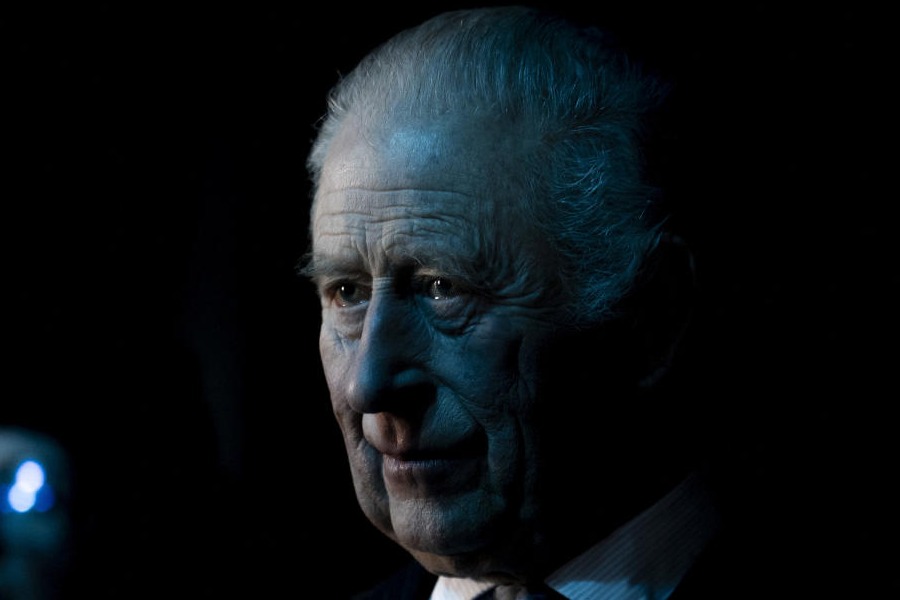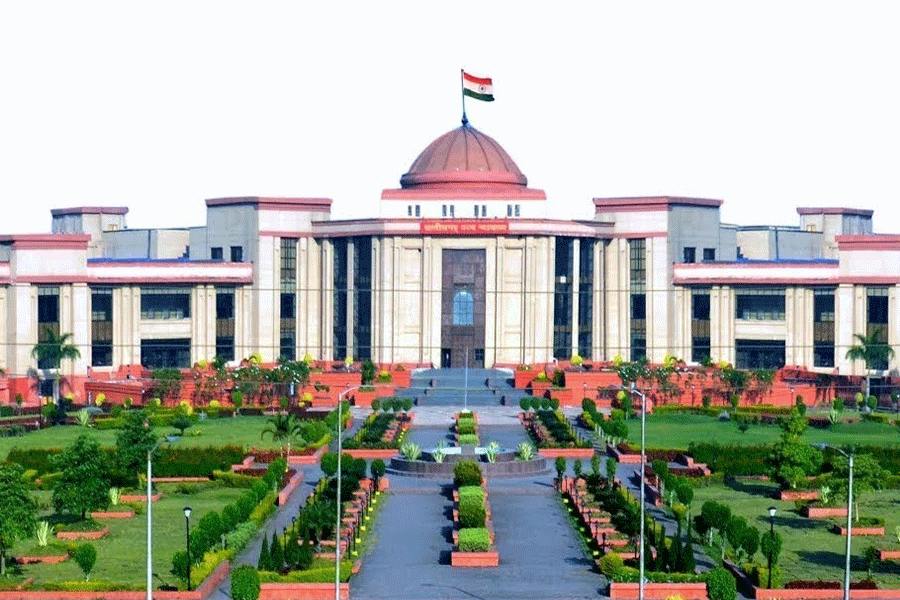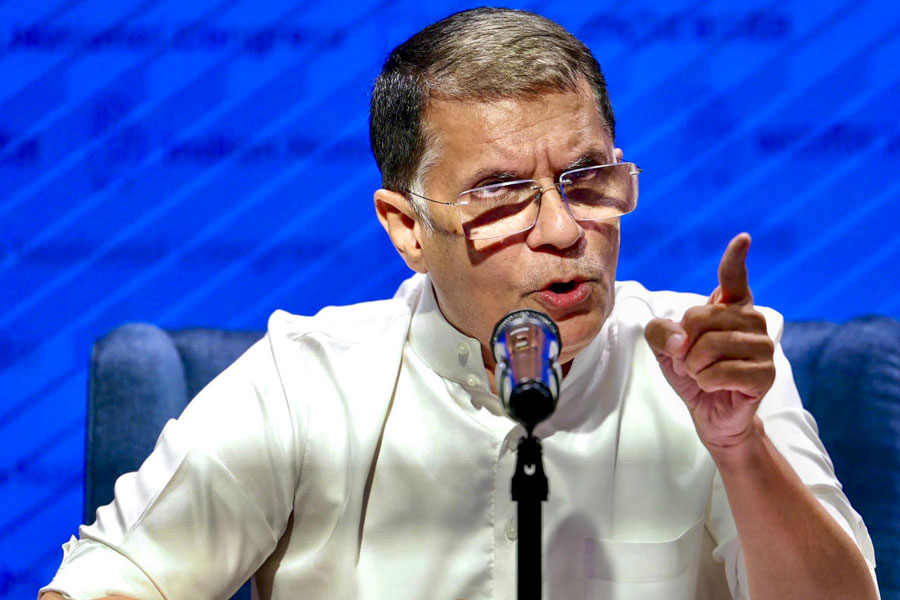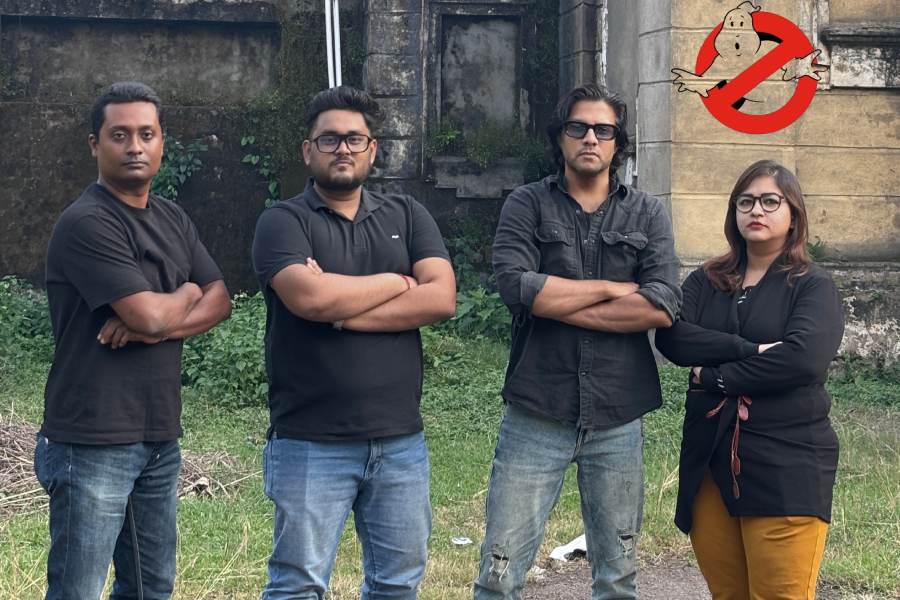Dhanbad, July 9: Residents of Jharia are angry. They have been so for decades, ever since indiscriminate coal mining led to an underground fire that has been raging for over 90 years.
And now, when the Bharat Cocking Coal (BCCL) and the district administration have set a 100-day timeframe to kickstart the process of rehabilitating over 4.5 lakh residents, they are furious. Furious that it has taken so long and, furious that the alternative accommodation being provided was inadequate.
Years of neglect have led residents to conclude that neither the BCCL nor various state governments had ever given serious thought to their plight. “Despite the tall promises from political parties, none of the them has seriously taken up our cause,” alleged R. K. Singh, a transporter. “They only come to us for votes.”
Nearly, 19 billion tonnes of prime coking coal is trapped in open cast and underground mines in Jharia. According to BCCL officials, the first report of a mine fire came from Bhowrah colliery in 1916. By 1935, there were as many as 10 mine fires in the region. And by 1996, the number had shot up to 65. Even now, fire is visible through several coal seams of the region.
If the root cause of the fires was spontaneous heating due to premature collapse- crushing of coal pillars, what compounded the problem, was indiscriminate — and even illegal — mining that damaged the natural topography of the terrain.
BCCL says the Jharia mine fire was progressing at an alarming rate, anything between 2,600 sq m to 92,000 sq m a year.
Every year, nearly 1,000 tonne of coal is burnt to ashes and so far, 42 million tonne of prime coking coal has already been burnt out. It is estimated that in future, another 1,900 million tonne coal may burn, leading to a loss of around Rs 5,000 crore.
The fire has led to several instances of gas leaks and land cave-ins. But these have been more frequent in last three years. In October 2007, gas leak was reported from Sudamdih in Jharia.
Next month, cracks started developing on the surface and on January 19, 2008, a fire erupted copiously.
This meant, that residential areas were extremely hot and smoke billowing out from the cracks of the surface was a phenomenon that people learnt to accept as “usual”.
In most cases, the mine fires were “blanketed” with sand which meant they continued to simmer underground.
District authorities believed over 5 lakh lives were in danger in the Jharia coalfield area and required immediate evacuation. P. N. Dubey, a labour leader who is also joint secretary of Rashtriya Colliery Mazdoor Sangh (RCMS), has announced an indefinite agitation if they were forcefully evicted from their residences.










